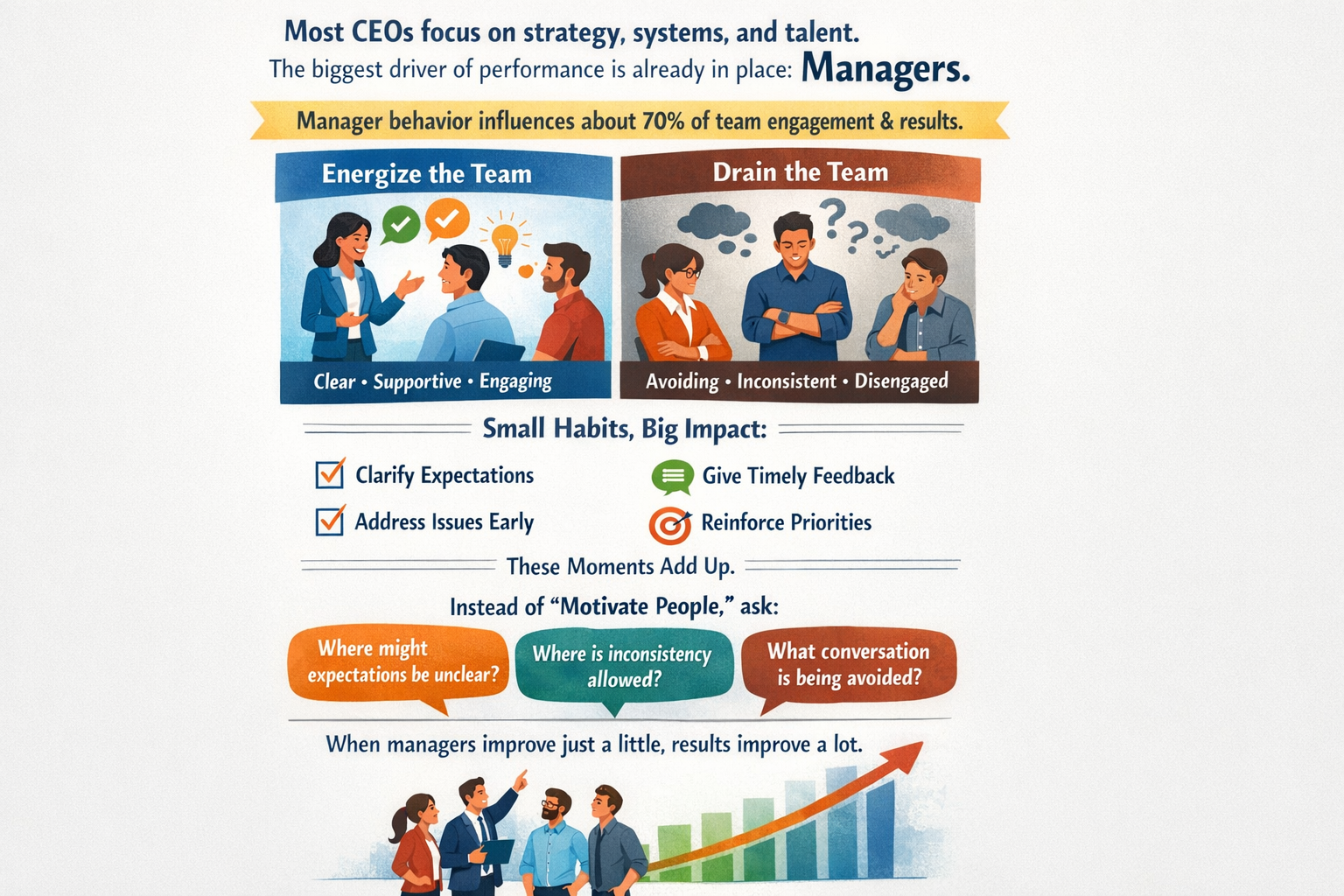Clear Expectations Yield Success

Effectively communicating workplace expectations involves providing specific details about the desired outcomes and setting clear deadlines. For instance, if a marketing team is tasked with launching a new product campaign, expectations could include developing a comprehensive marketing strategy, creating engaging content for various platforms, and achieving a specific target for website traffic or sales conversions.
To illustrate, one expectation might be to increase website traffic by 20% within the first month of the campaign launch. This expectation is clear, measurable, and aligns with the overall goal of the project. Additionally, specifying a deadline, such as achieving this milestone by the end of the first quarter, provides a tangible timeframe for team members to work towards.
Similarly, if the software development team is working on a new app release, expectations could include delivering a bug-free product with specific features. Deadlines could be set for the completion of coding, then of testing, and finally, ensuring the app is ready for launch by a particular date, such as the end of the fiscal year.
By providing concrete expectations and deadlines, employees gain a clear understanding of what is required of them and when it needs to be accomplished. This clarity fosters accountability, enables effective planning, and ultimately leads to successful project outcomes.


